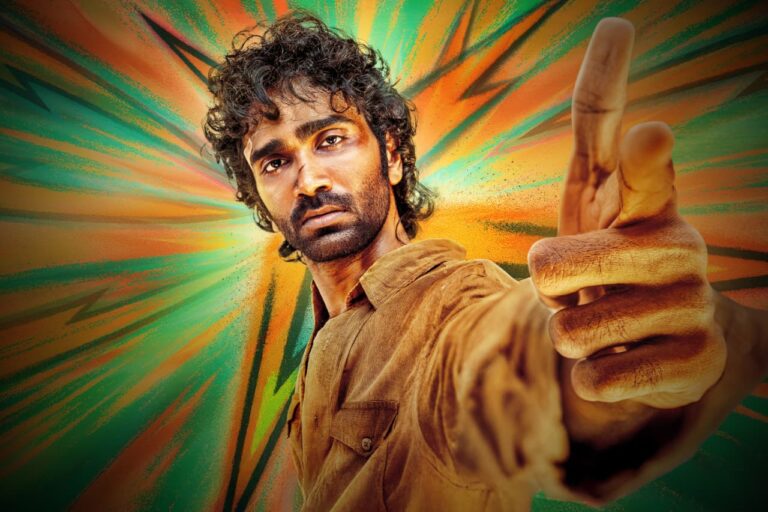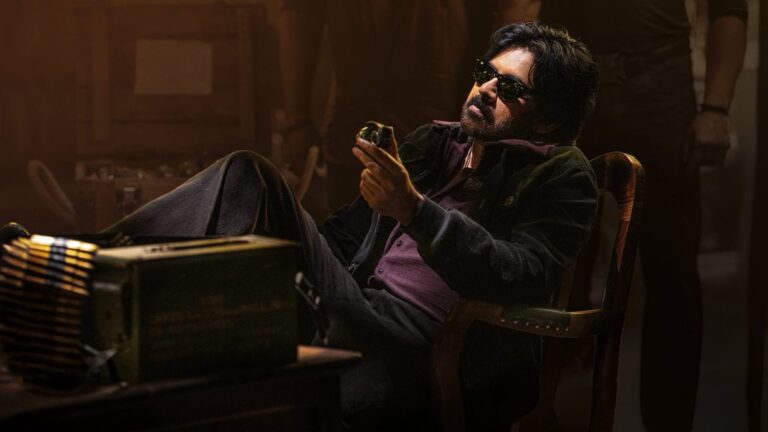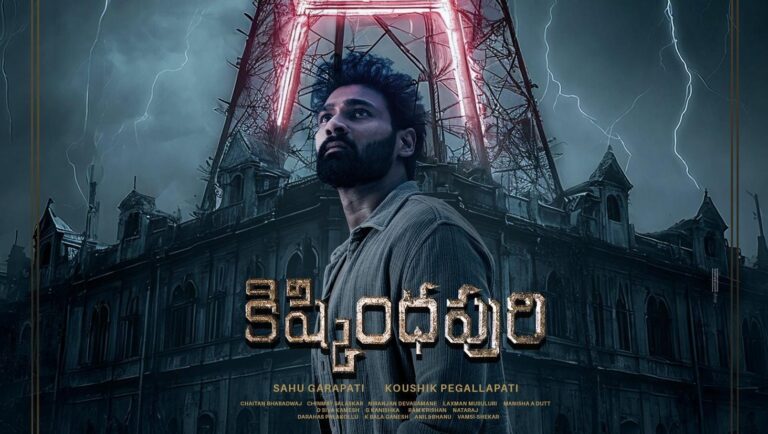
Courtroom dramas in Telugu cinema are a rarity, making Court: State Vs A Nobody an intriguing prospect. Backed by Natural Star Nani, the film has generated significant buzz, particularly after his bold statement that if audiences don’t like this film, they need not watch his upcoming HIT 3. With Priyadarshi in the lead, supported by Sivaji, Roshan, and Sridevi, the film explores the legal battle of a young man trapped in a POCSO case. But does Court deliver the gripping legal drama it promises, or does it fall into predictable storytelling? Let’s find out.
Story
Teja (Priyadarshi), a junior lawyer working under senior advocate Mohan Rao (Sai Kumar) in Vijayawada, dreams of handling a case independently. His opportunity arrives when a POCSO case involving Chandu (Roshan) lands in their office. Chandu, the son of a watchman, falls in love with Jabili (Sridevi), the daughter of a wealthy businessman, Mangapati (Sivaji). Opposed to their relationship, Mangapati uses Jabili’s age as a weapon to frame Chandu under the POCSO Act. As Chandu is arrested, Teja takes up the challenge to fight against the influential Mangapati and prove Chandu’s innocence. The film unfolds whether Teja can navigate the legal hurdles and deliver justice.
Performance
Sivaji is the standout performer in this film. His portrayal of the manipulative and powerful businessman Mangapati adds an intimidating presence to the narrative. His dialogue delivery and screen presence elevate the conflict in the courtroom scenes.
Priyadarshi delivers a sincere performance as Teja, convincingly portraying the struggles of an underdog lawyer. His courtroom arguments hold weight, but at times, his expressions feel subdued, especially in high-tension moments.
Roshan and Sridevi, as the young lovers, do a decent job, but their chemistry is not strong enough to leave a lasting impact. Sai Kumar, though limited in screen time, brings credibility to his role. Veteran actors Rohini and Shubhalekha Sudhakar lend authenticity to the proceedings with their subtle performances.
Analysis
The film starts on a promising note, immediately setting a serious tone with a verdict being delivered. It avoids commercial distractions, staying true to the courtroom drama format. The legal proceedings are presented with an engaging screenplay, and the film commendably highlights the misuse of the POCSO Act, caste-based power dynamics, and legal loopholes.
However, Court struggles with pacing issues. The first half moves at a slow pace, with repetitive scenes that could have been trimmed. The romantic subplot, though crucial to the case, lacks emotional depth. The second half, especially the courtroom sequences, improves significantly, with some powerful dialogues and tense arguments.
Despite its strengths, the film takes a few cinematic liberties, with certain sequences feeling exaggerated for dramatic effect. Some logical gaps in the legal proceedings may not sit well with viewers familiar with the judicial system. However, the film’s intent to shed light on important social issues remains commendable.
Technically, the film is solid. The cinematography effectively captures the intensity of courtroom scenes. Vijay Bulganin’s background score enhances the dramatic moments, though the songs are forgettable. Editing by Karthika Srinivas R is decent but could have been sharper, especially in the first half.
Verdict
Court: State Vs A Nobody is a sincere attempt at a courtroom drama, tackling a socially relevant issue with strong performances and gripping courtroom sequences. However, the slow-paced first half and occasional logical flaws hold it back from being a truly compelling legal thriller. If you enjoy courtroom dramas and don’t mind a few narrative inconsistencies, this one is worth a one time watch.
Rating: 2.5/5


